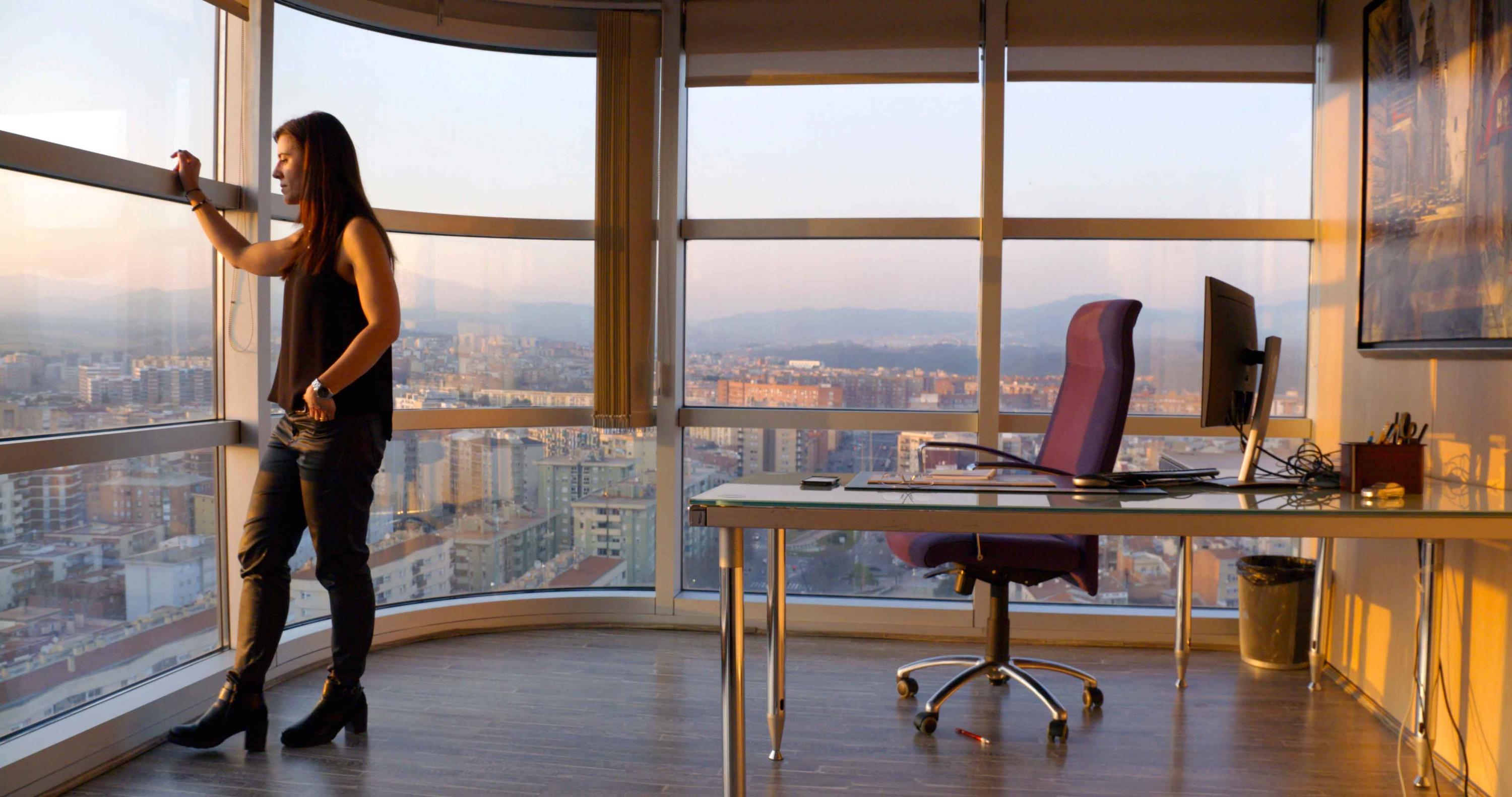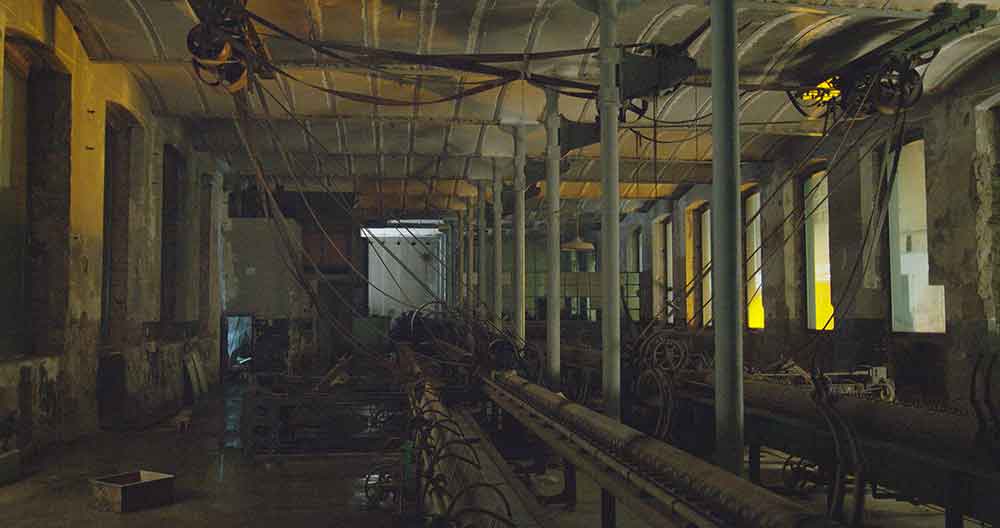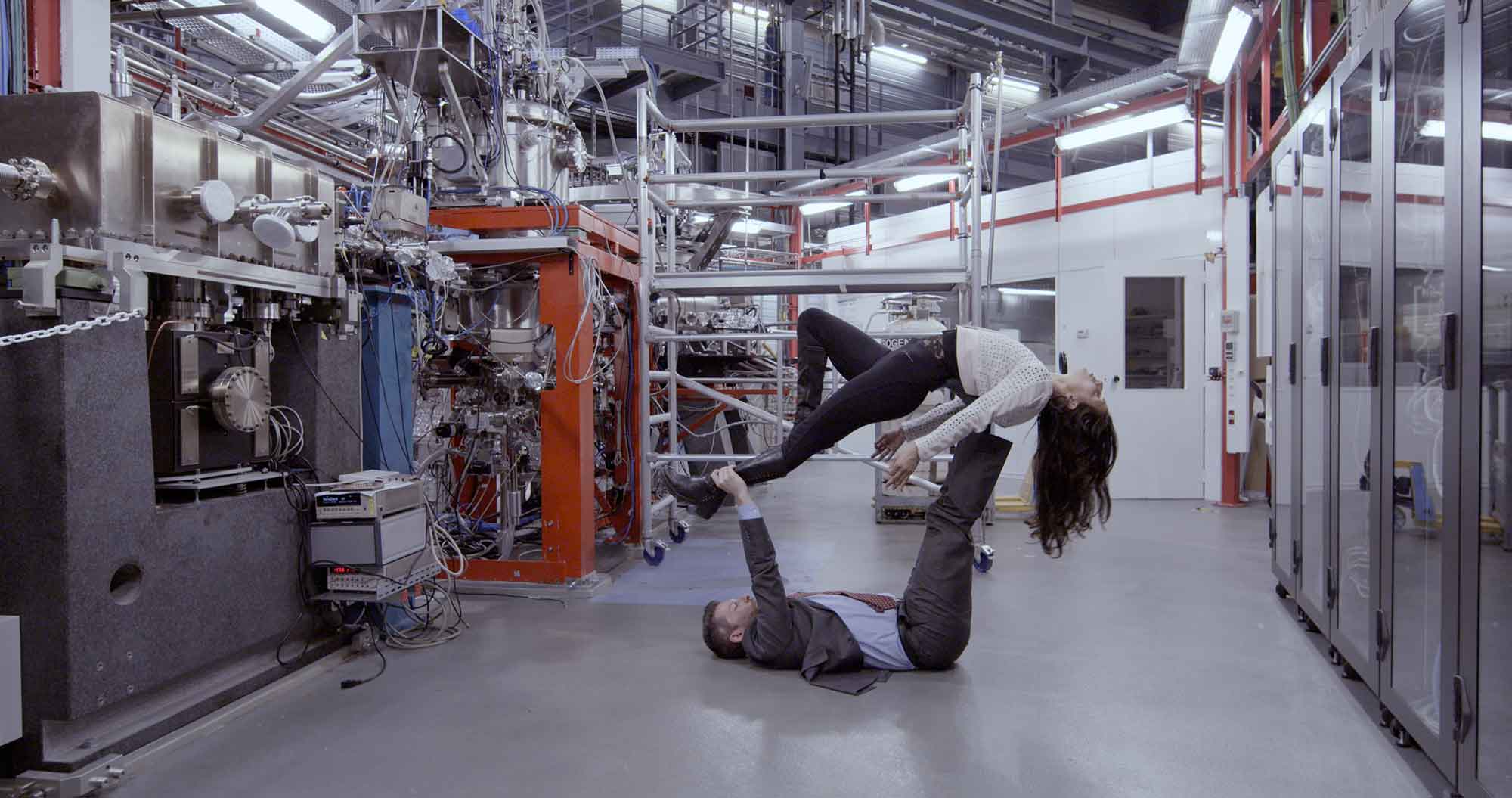Vallès: manufacturing pasts, manufacturing futures
Claudio Zulian
08.06.2019 – 29.09.2019
Curator: Valentín Roma
Opening: Friday 7th June, 7 pm
Guided tours by Claudio Zulian: Tuesday 2nd and 16th July, 6 pm
Vallès: Manufacturing Pasts, Manufacturing Futures is a project with which Claudio Zulian roams the proletarian memory of the Vallès region, historically and politically part of the so-called “red belt” of Barcelona.
Taking as his starting point the factory as a symbolic, ideological and social setting, the artist explores, at the same time, workplaces and living spaces, material heritage and migrant worldviews, the notion of community shaped around a series of hinges or in a perpetual state of being defined.
However, Vallès: Manufacturing Pasts, Manufacturing Futures is also an invitation to think about what horizons take shape for times to come, what new codes of mobilisation and public voice are likely to arise out of the industrial suburbs, what part the factory will play in the 21st century, within a transnational economy directed by the elites of financial capitalism, in the wake of the drastic paradigm shift in the labour statute and the role of the workers.
This proposal, which started up in 2017 as a result of a complex process of dialogue and cooperation between four Vallès town councils (Cerdanyola del Vallès, Ripollet, Sabadell and Terrassa), gradually revealed its stages of development in very diverse formats.
Thus, at Cerdanyola Art Museum, under the title Utopias, visitors were shown three video installations, preceded by the piece Work-in-progress; at Ripollet Cultural Centre, The Journey and the Industrial Estates, with photographs and an audiovisual piece; at Sabadell Art Museum, Images in the Shadow of Time: the Factory; and at the Civic Centre of the neighbourhood of La Maurina and Muncunill Hall in Terrassa, At Night We Built Houses. In addition to these exhibitions, a series of workshops, roundtables, meetings and talks were held, with specific features in each town.
The installation at La Virreina Centre de la Imatge takes the form of an audiovisual story in seven episodes – The Factory, The Working Girl, The Journey, Industrial Estates, The Tower, At Night We Built Houses and Utopias – that together make up a polyptych of sorts, in which we glimpse a possible history for the new proletarian images.
From Bertolt Brecht’s alienation to Sergei Tretyakov’s distance, from Leslie Kaplan’s factory literature to Harun Farocki’s looped panoramas or Nanni Balestrini’s collages of thoughts and slogans, there is a thread in the expanded cinema, social theatre and political literature of the 20th century that Zulian summons through this work, as if productivism were still awaiting an unexpected turn of the screw.
Georges Didi-Huberman tells us that peoples are in a perpetual process of representation, and at the same time in invariable danger of concealment, i.e., they are simultaneously “overexposed” and “underexposed”. Something similar could be said about the workers, invoked from any political, economic or artistic flank, yet at the same time missing from each and every epistemology promoted by the middle classes over the last half century. It is hardly surprising, then, that the emotional drain down which whole regions of proletarian dissidence disappeared has also swallowed up those snapshots that document the new emancipatory struggles in the workplace.
Claudio Zulian investigates precisely this crossroads between the sentimental worldviews of the class struggle, the symbolic nostalgia of workers’ culture and the hypothetical renovations of all this. In other words, he analyses what part of the revolution continues to be formulated from the field of images and what part has led to a merely aesthetic diagnosis. To this end, he roams the industrial landscape and turns it into a performative setting, wanders through the migrant memory and presents it without its usual humanitarian condescension. Equally, he delves into the iconographies of the people until he extracts from them, rather than a diagnosis that detects the contradictions of the system, a still valid theory and praxis of transformation, a proposal for the future.







